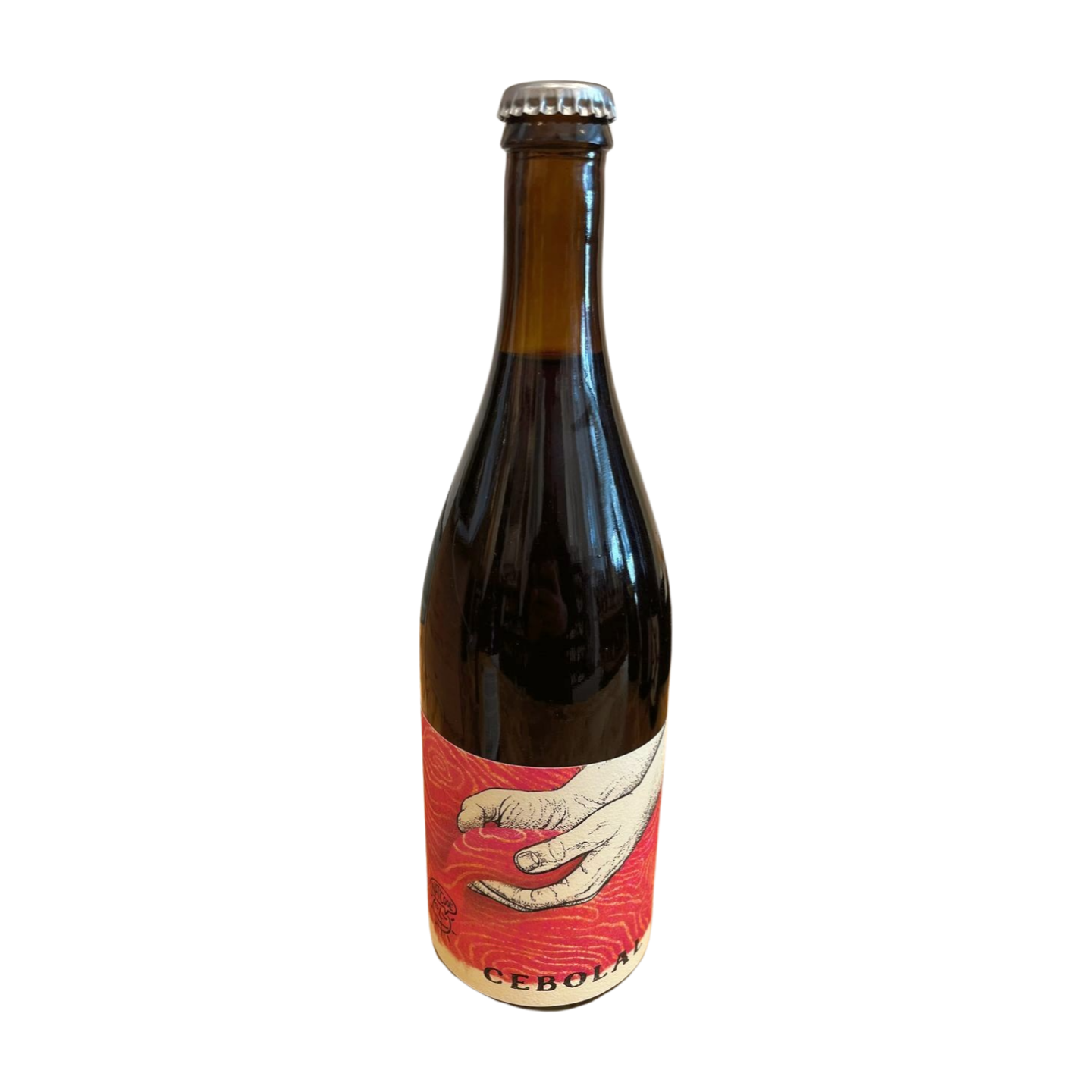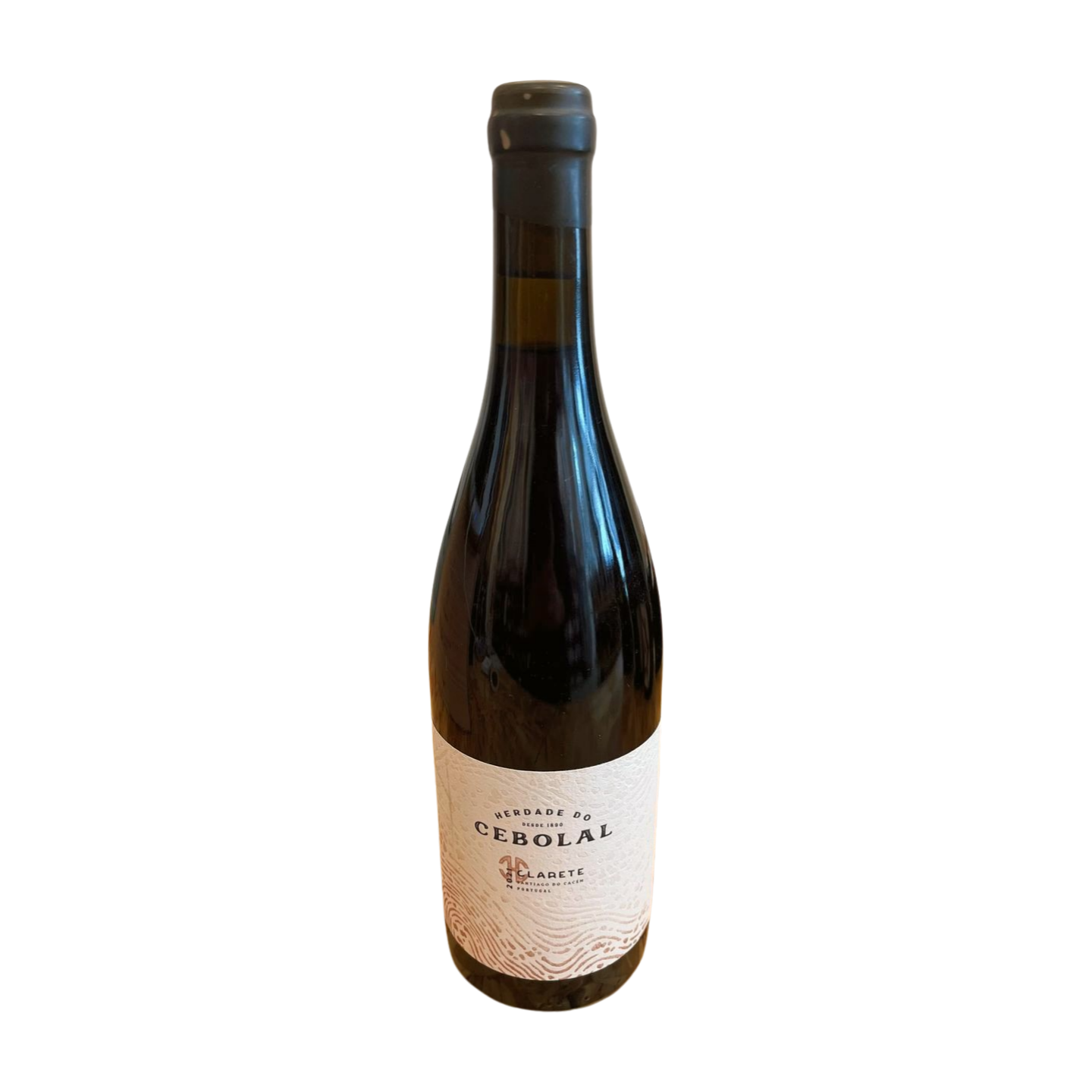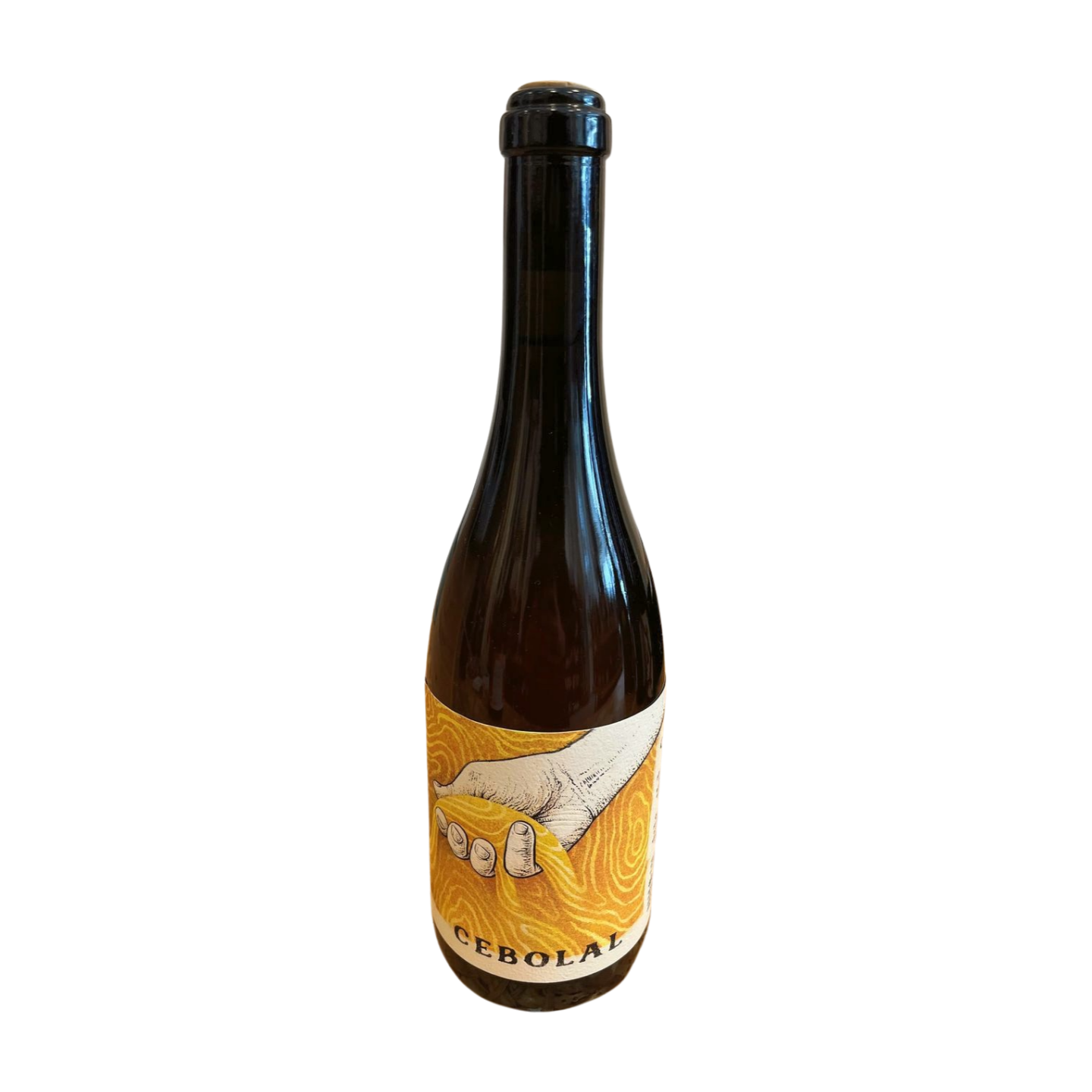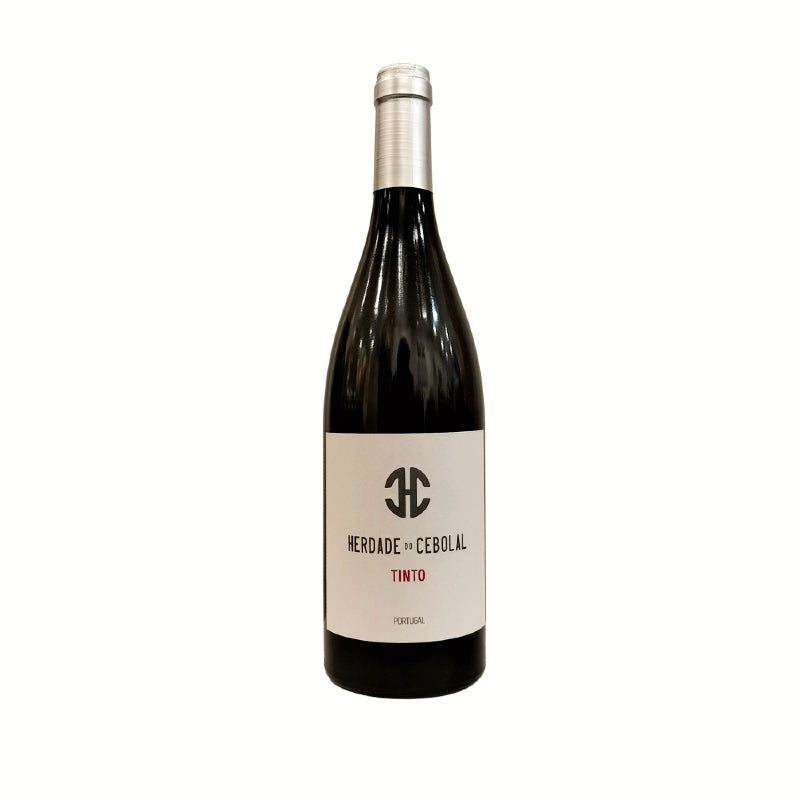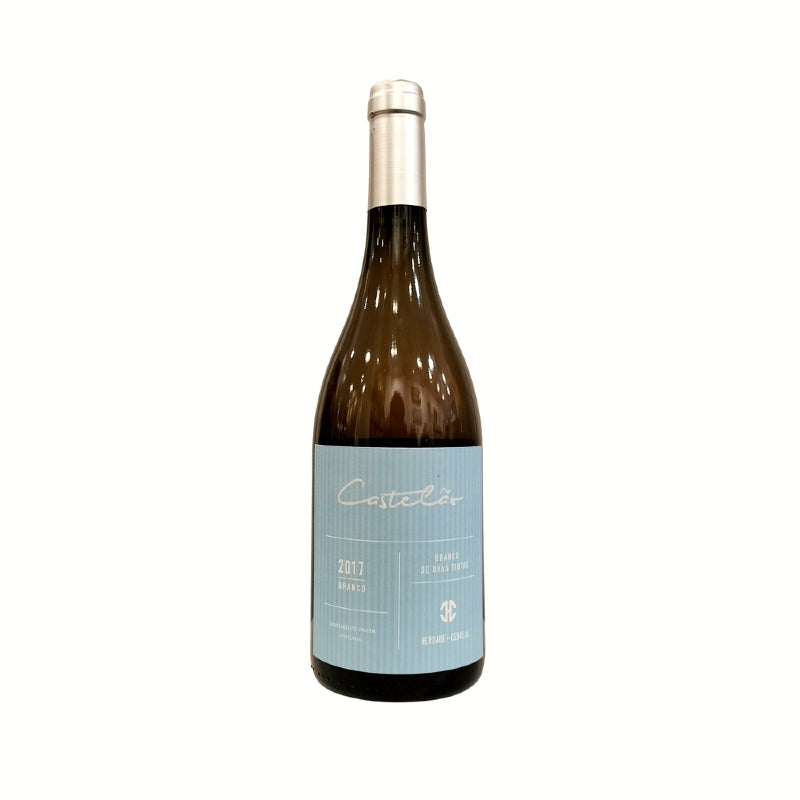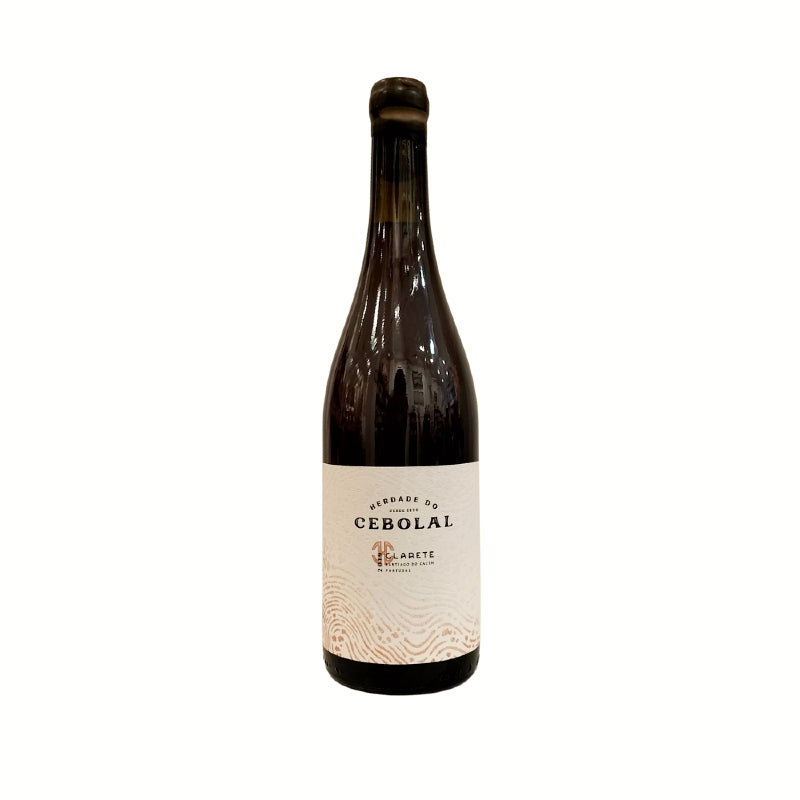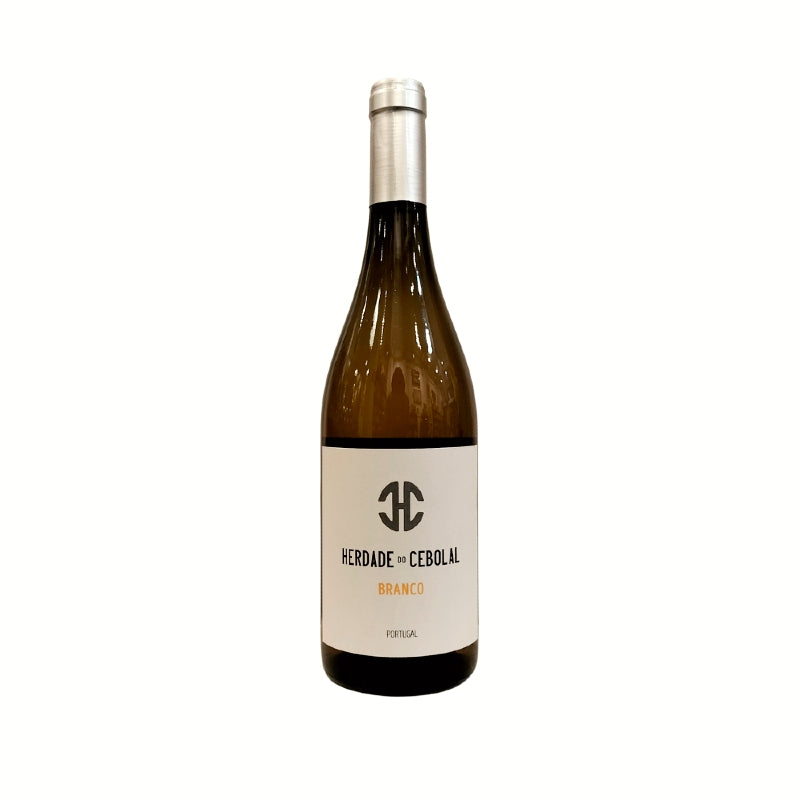Setúbal
The Setúbal Peninsula, a sun-drenched region south of Lisbon, Portugal, is where the Arrábida Mountains meet the Atlantic Ocean, creating a unique microclimate perfectly suited for viticulture. This region, historically renowned for its fortified Moscatel de Setúbal, boasts a rich winemaking heritage that extends beyond this sweet nectar. The landscape is a tapestry of sandy soils near the coast, transitioning to clay and limestone as you move inland towards the hills. This diversity of terroir, coupled with the maritime influence, contributes to the distinct character of Setúbal wines.
For generations, the fortified Moscatel de Setúbal has held a place of pride, its amber hues and intense aromas of orange peel, honey, and dried fruits defining the region. This wine, crafted primarily from the Muscat of Alexandria grape, undergoes a process of fortification with grape spirit, halting fermentation and preserving its natural sweetness. Often in oak barrels, the aging process imparts further complexity and depth. However, Setúbal is not solely defined by its fortified wines. The region also produces notable red wines, primarily from Castelão, a native grape that thrives in the sandy soils. These reds, often displaying rustic charm with notes of red fruit and earthy undertones, are increasingly gaining recognition.
Beyond Castelão, international varieties like Syrah, Touriga Nacional, and Aragonez are also cultivated, contributing to a growing diversity of red blends. White wines, while less prevalent, are produced from Arinto, Fernão Pires, and other local varieties, often expressing freshness and minerality. The rising interest in dry wines has spurred innovation and exploration among local producers, who are experimenting with different winemaking techniques and grape combinations.
Among the notable producers, José Maria da Fonseca stands as a historical pillar, their Moscatel de Setúbal being a regional benchmark. They have also played a significant role in promoting Castelão and other local varieties. Bacalhôa Vinhos de Portugal, with its stunning Quinta da Bacalhôa estate, is another key player, producing a range of wines that showcase the region's diversity, from fortified Moscatels to elegant reds and whites. Smaller, family-run wineries are also emerging, focusing on sustainable practices and expressing the unique terroir of their vineyards.
The pursuit of sustainable viticulture is gaining momentum in Setúbal. Many producers are adopting organic and biodynamic practices, minimizing the use of pesticides and herbicides, and promoting biodiversity in their vineyards. The region's proximity to the Arrábida Natural Park has fostered an awareness of environmental preservation, encouraging winemakers to adopt practices that protect the delicate ecosystem. The focus on native grape varieties, particularly Castelão, preserves local biodiversity and cultural heritage. Additionally, the region is working to promote wine tourism, allowing visitors to experience the beauty of the landscape and the winemakers' passion, thereby contributing to the economic sustainability of the area.
Filters
Portuguese wine
Frequently asked questions
The entire country of Portugal is divided into 14 different wine regions, including in the Azores and Madeira islands. Some of Portugal's most famous winemaking regions include the Douro Valley (known for Port) and Vinho Verde (known for its light, refreshing white wines).
Portugal is becoming more well known for its orange wines, talha wines (traditionally made in clay pots), and palhete (made by blending red and white grapes together).
Portugal is best known for its fortified wine, called Port wine. It is produced in the Douro Valley, which is a UNESCO World Heritage Site and recognized as the world's first demarcated wine region, established in 1756.
Vinho Verde in northern Portugal is another popular winemaking region characterized by rolling hills and lush landscapes. It's known around the world for low-alcohol, refreshing white wines, although the region traditionally focused more on red wines made with the fruit-forward vinhão grape.
The Portuguese island of Madeira, with its subtropical climate, is renowned for its fortified wines. Winemaking here dates back to the 15th century, when Portuguese
explorers brought grape varieties from around the world.
Our sustainable, natural wine shop is located in the Marquês neighborhood in Porto, Portugal. We also ship to countries around the world, including within Europe, the United States, Canada, Australia, China, and more. Review our Shipping Policy to learn more.
In recent years, there has been a notable shift toward sustainable viticulture and the production of natural wine in Portugal. Many winemakers are implementing organic farming practices and embracing biodiversity to maintain soil health and reduce chemical inputs. This commitment to sustainability is not only beneficial for the environment but also enhances the quality of the wines, allowing the unique characteristics of the terroir to shine through. For example, some winemakers are now utilizing ancient terracotta amphorae for fermentation (called talha in Portuguese). This method preserves regional cultural heritage, enhances the wine's character, and aligns with sustainable practices by reducing reliance on modern materials.

